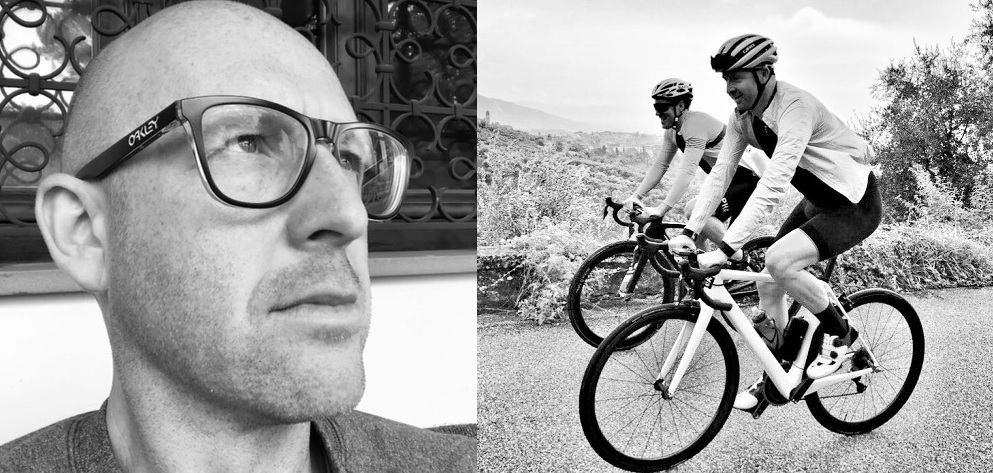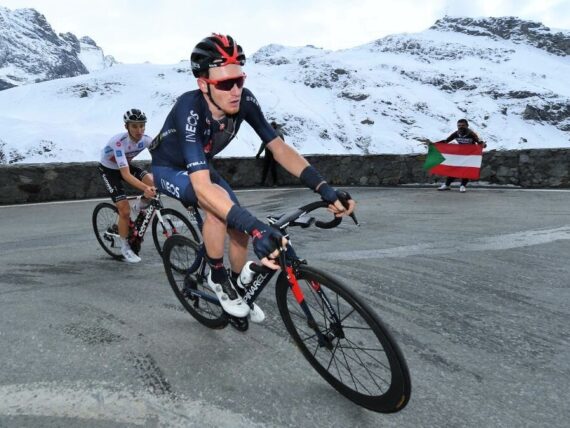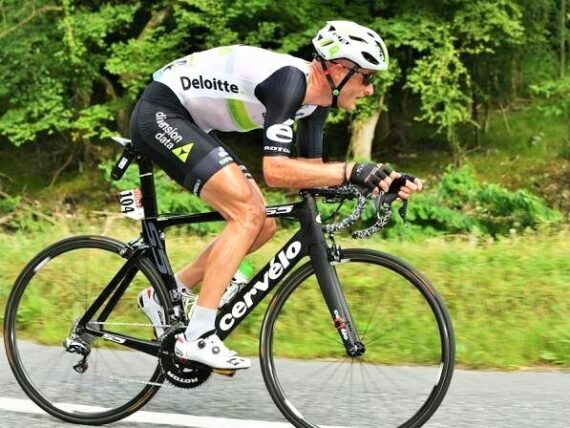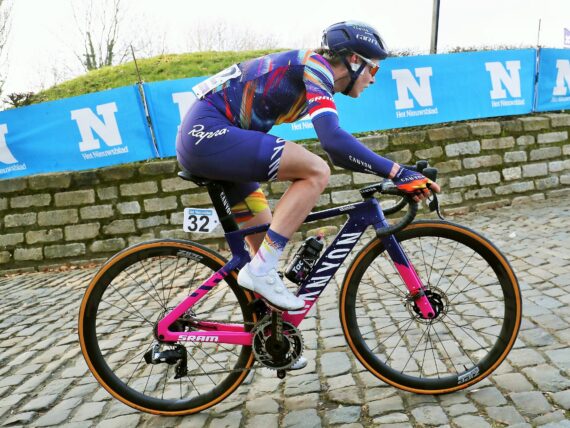"There's no finish line with an infinite mindset."
ESSAY ONE: Infinite Games
In the spring of 2020, the world changed. Perhaps forever.
Work from home became the norm. As a result, many people discovered newfound freedom for cycling. Free of the shackles of the nine to five and the daily commute.
Experienced cyclists increased their weekly training hours, and many newcomers have taken up the sport (welcome).
But for others, there was a problem.
Many events and races were postponed or cancelled. For almost a year, travel abroad wasn't allowed—no more trips to the sunshine or mountains. For a while, even riding with friends was frowned upon. Then, for many, everything changed.
In Our Blood
Competition is in our blood. We love a challenge and enjoy an adventure. In part, even suffering provides pleasure. When the world stopped, our goals were erased.
Goals get us out of bed in the morning. They motivate us to ride in all weathers or onto the indoor trainer long after the family has gone to bed. Without goals, we feel lost, and motivation erodes away.
So, "what now?"
Let's get philosophical, just for a moment.
Game theory describes two mindsets: "Finite" and "Infinite".
Our personalities draw us towards one or the other. It's an unconscious choice.
The good news is that the better mindset is obvious and available the second you decide to make it. The bad news is we're constantly encouraged to make the wrong choice.
A Finite Mindset
A finite mindset applies to games with known players, fixed rules, a start and endpoint, winners and losers. Finite games emphasise competition and comparison to others.
Individual and team sports benefit from a finite mindset. In football, we try to score more goals than the opposition. In athletics, reaching the finish line first defines success.
Was this why so many of us struggled over the last eighteen months. Because of a finite mindset? Our goals, beating others, winning, triumph, were gone.
However, some cyclists thrived through the pandemic.
Why?
Maybe they adopted a different mindset?
The Infinite Mindset
An infinite game has both known and unknown players, and the rules are flexible. Players come and go; rules change, and the aim is to keep playing. Infinite games emphasise cooperation over competition.
So much of life is an infinite game - we don't win business, friendships, or relationships. Infinite games create the possibility for everyone to win. Infinite players focus on improving themselves, not beating others.
For many serious cyclists, we view cycling as a finite game. We're obsessed with speed and competition: Racing, gran fondo's, Strava segments, interval sessions, crushing our friends on weekend group rides… the list could go on.
Faster, Faster. Faster.
"A critical point often missed is that the foundation of cycling performance is endurance, not speed."
Faster, Faster. Faster.
But should cycling be a finite game?
I'm not so sure.
Is there a better way? Maybe.
A critical point often missed is that the foundation of cycling performance is endurance, not speed.
We all remember the exciting bit at the end of a race on television: the sprint or the mountain top finish. Often, we forget the first two hundred kilometres. Riders must endure first, and only the best then use their speed to achieve their finite goal. To win.
Few of us are genuinely in the finite game.
So, how do we apply an infinite mindset to our cycling?
First, we have the choice to only compete with ourselves. How can we be better today than we were yesterday, or last week, last month? Start here.
Second, choose cooperation over competition. Instead of attacking the group ride on each climb, help to pull it along. Embrace a new challenge that helps everyone win.
Third, optimise your training for the long term. The racing season is over. Winter is upon us, and snow covers the mountains for another year. But all these things are waiting for us in the spring.
When you choose to play an infinite game with an infinite mindset, you realise that you have all the time in the world.
Thinking Slow. Riding Fast
Avoid (some of the time at least) super-high intense sessions, that might undermine your progress long-term. Constantly competing against others, for example, is a quick endorphin rush. Who cares? You shouldn't.
Instead, slow down and build the endurance that'll serve you well in the future. I'll let you in on a little secret: If you get it right, you'll become faster than ever.
Leave the suffering and speed games to the finite players.
...There’s no finish line with an infinite mindset.
Good luck.
– Jon
If you’d like more essay’s like this, join Jon's email list here.
Jonathan Baker Ph.D
Founder // PALMARES
- - - - - - -
"Leave the suffering and speed games to the finite players"





